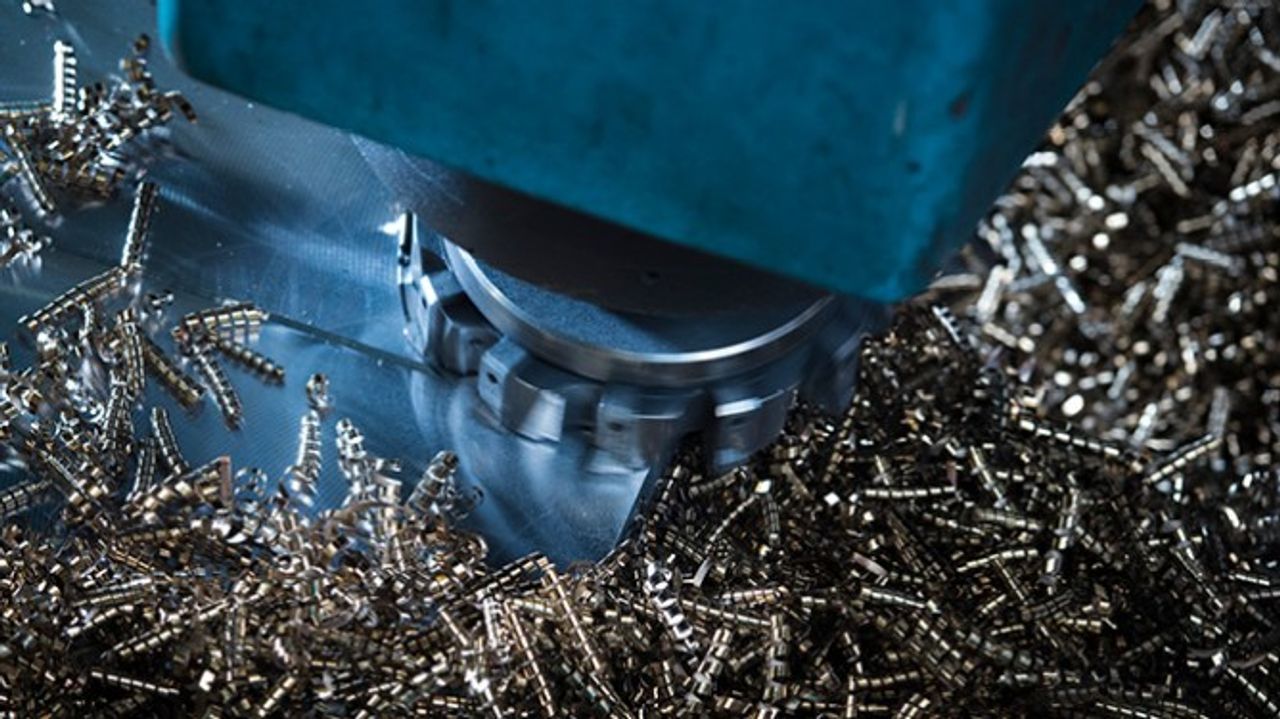
Is Aluminium Magnetic?
Iron and magnetism are two highly synonymous terms. Iron is attracted to magnets because of its highly conductive nature.
Aluminium, on the other hand, is quite different. While it's not far behind in terms of conductivity, it is not attracted to magnets as iron is.
To understand the relationship between metals and magnets, you have to look at certain elements which foster this relationship carefully.
How magnetic is aluminium?
How magnetic is aluminium?

Under normal circumstances, aluminium is not magnetic, mainly because of its crystal structure. It's referred to as a paramagnetic material along with other metals like Magnesium and Lithium.
A sheet of aluminium might not be attracted to a magnet, but, you can observe hues of magnetism when you drop a strong, high-quality magnet down a thick aluminium pipe.
The hues are characterised by a notable slow fall of the magnet. This is caused by the magnetic repelling, the magnetic fields created as the magnet passes the aluminium dipoles.
What is Paramagnetism?
Paramagnetic materials have a composition similar to ferromagnetic materials (which are readily attracted to a physical magnet).
Paramagnetic materials have unpaired electrons in their partially filled energy orbitals. These materials also have some dipoles which are not lined up on the direction of the applied magnetic field.
The misaligned dipoles obstruct magnetic fields created by the aligned dipoles. Because of this trait, paramagnetic materials prefer external magnetic fields to some degree.
In simple terms, paramagnetic materials like aluminium behave like a very weak magnet. When exposed to permanent magnets, paramagnetic materials are weakly attracted. But, they immediately revert diamagnetism when you remove the external magnetic field.
Despite the difference, paramagnetic materials behave the same way as ferromagnetic materials when exposed to immense heat (Curie’s temperature). They lose all magnetic properties they have when they are exposed to extreme heat.
The answer to the question of whether aluminium is magnetic is not direct. The best answer is to say that aluminium is not magnetic under normal circumstances. This is because aluminium interacts with magnets. Also, when exposed to strong magnetic fields, aluminium can be slightly magnetic even though it does not exhibit magnetism under normal circumstances.
See also: Does aluminium rust?

